Supporting your MTSS initiative takes the right tools and ongoing learning to ensure consistent support for all students.
Maximize Federal Funds to Drive Student Success
Leverage federal funding with Branching Minds MTSS in your district.

Trusted by Districts Nationwide
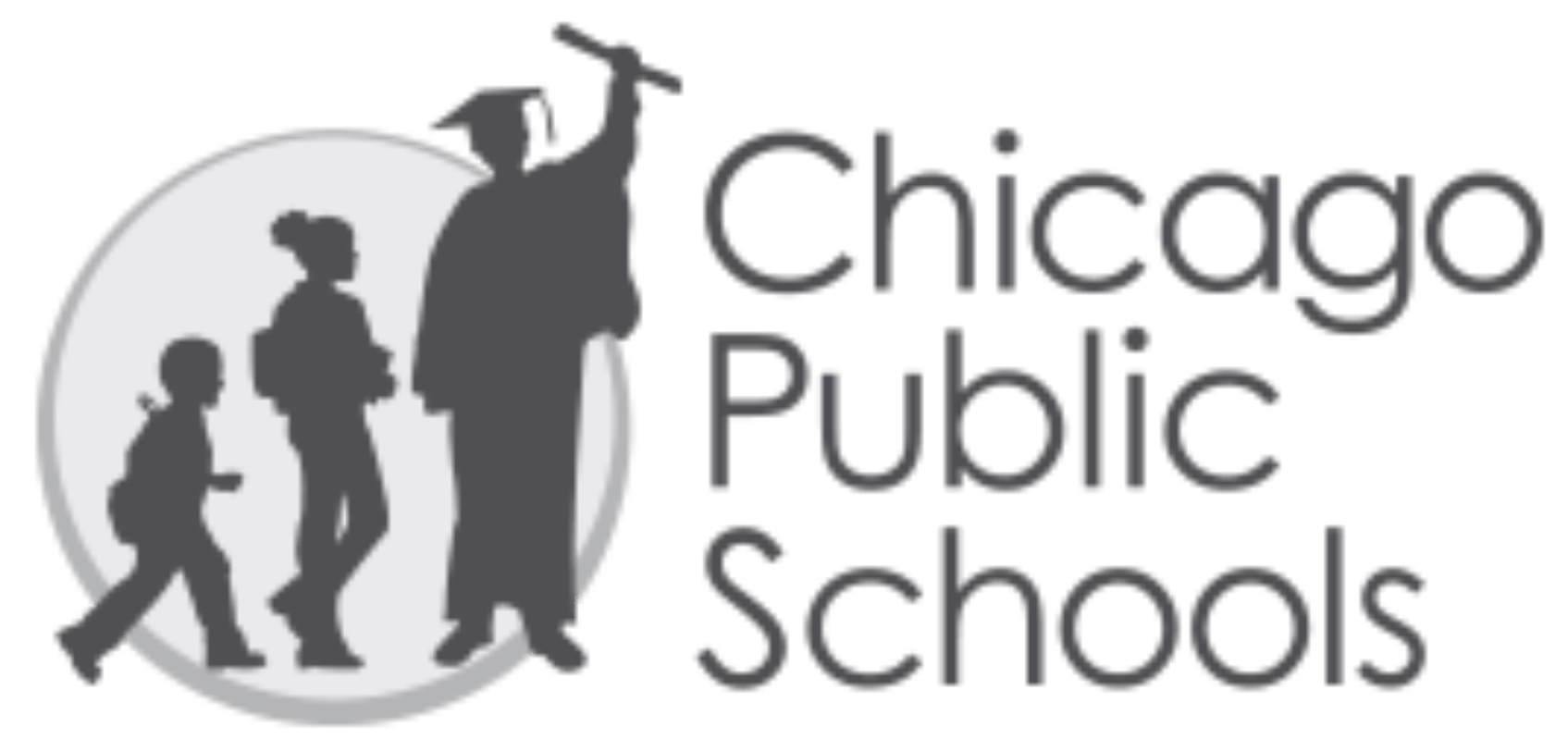


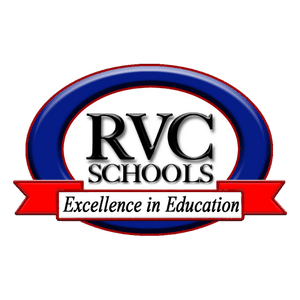

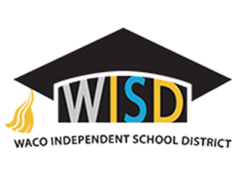

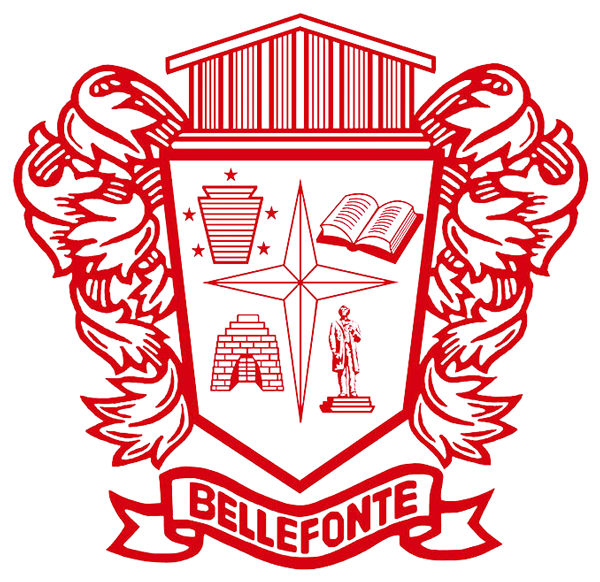


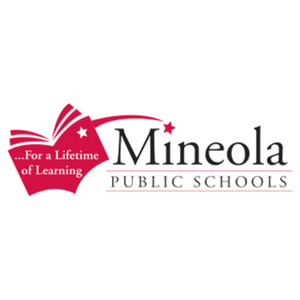
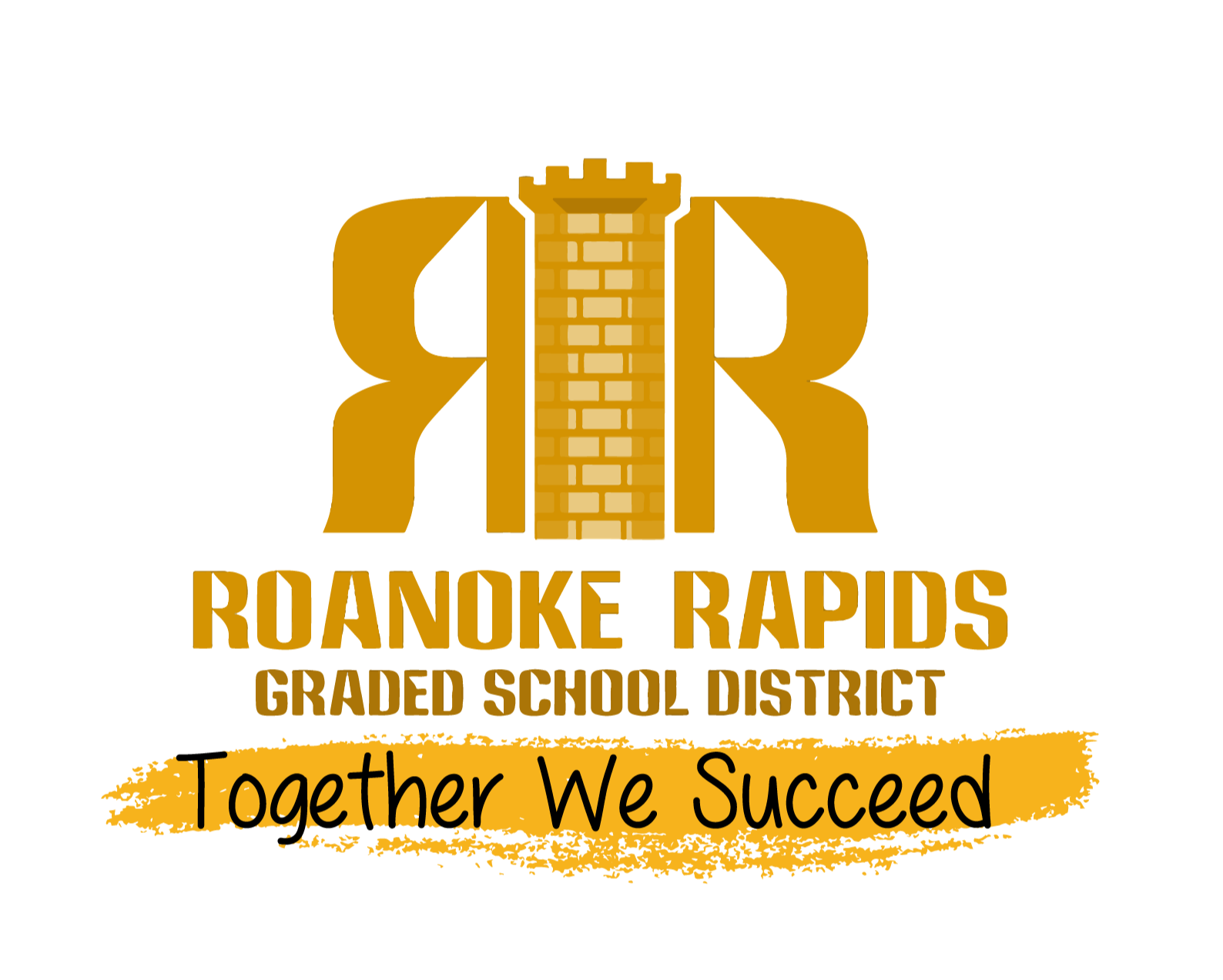


































Empowering Districts with Data-Driven Solutions
- Data-driven decision-making
- Just and effective learning environments
- Professional learning partnerships
- Ongoing federal education funding
Federal Funding for Your MTSS Program
Consistent support for students over time.
Sustained professional growth for educators.
Just and nondiscriminatory learning environments.
Ongoing support to drive long-term success.
MTSS Federal Funding
Branching Minds funding helps school districts access a single platform that provides holistic student data to inform data-driven decision-making.
Our MTSS platform supports districts in creating just and effective learning environments, ensuring they can consistently support students over time. With ongoing federal education funding, Branching Minds eliminates gaps between activity periods, providing districts with a continuous source of funding.
Branching Minds offers professional learning partnerships to help districts implement and sustain impactful educational strategies.
Maximizing Federal Funds for Student Success
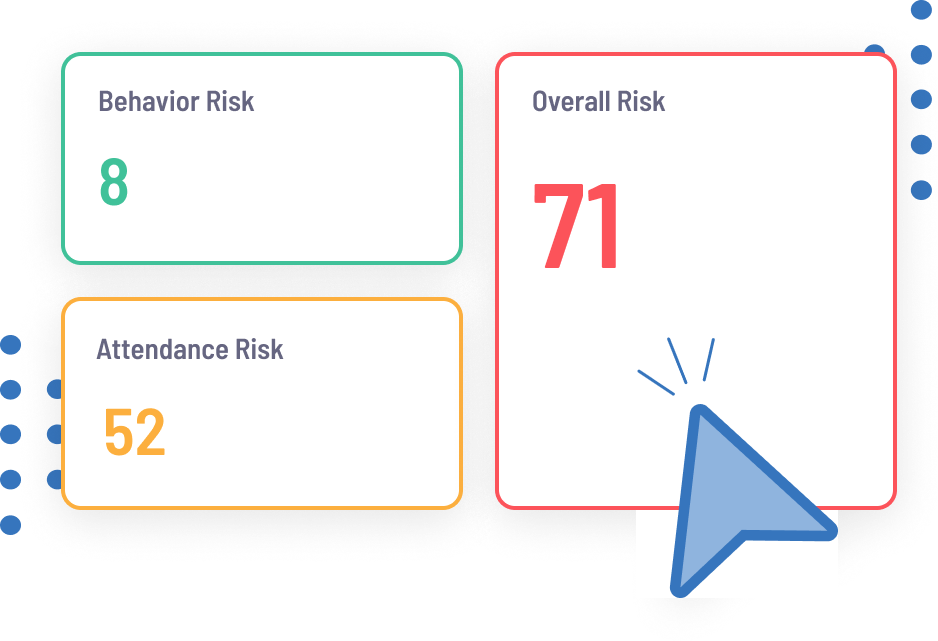
Data-Driven Decisions
Districts must use these funds to implement evidence-based, proven programs and make informed, data-driven decisions.
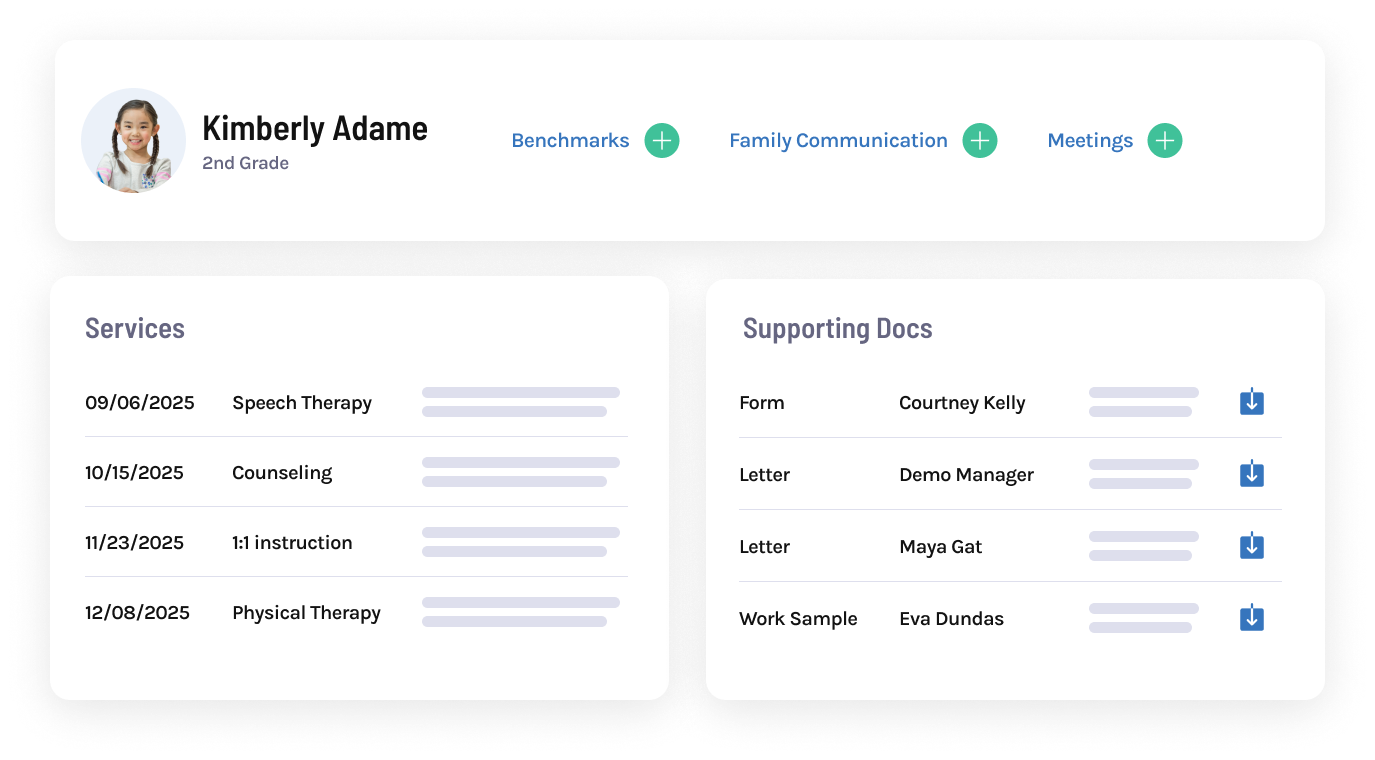
ESSA Funds
The Every Student Succeeds Act (ESSA) promotes using evidence-based activities, strategies, and interventions with federal and state funds.
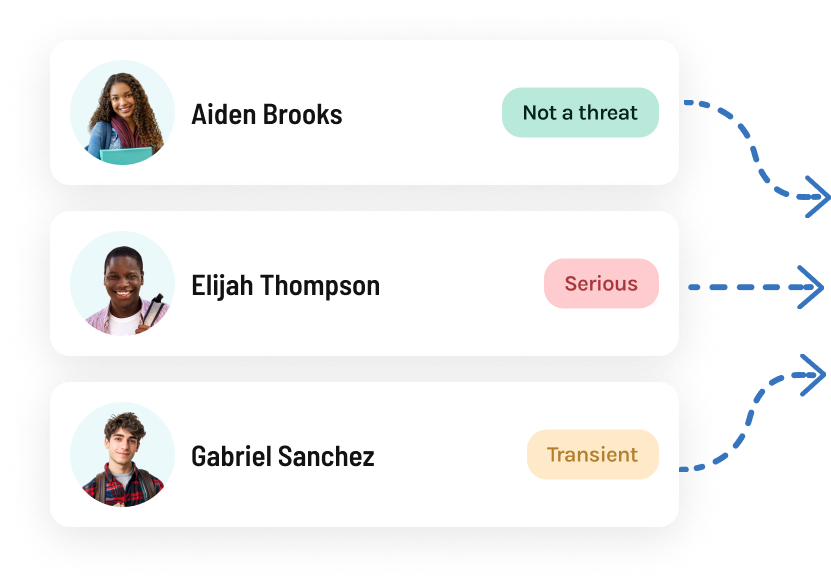
Evidence to Improve Outcomes
By prioritizing evidence-based solutions, districts can improve student outcomes and align with ESSA’s goals for high-quality education for all.
ESSA Tiers of Evidence
The ESSA Tiers of Evidence provides districts and schools with a framework for determining the quality of research evidence for programs, practices, strategies, and interventions.
Researchers from the University of Wisconsin-Madison found that the Branching Minds platform meets the Every Student Succeeds Act (ESSA) Level II Standards of Evidence, with improved student outcomes in reading and math.
Growth with MTSS Interventions
Students in grades 3-5 with active reading and math intervention plans in Branching Minds showed noticeable improvement in their end-of-year NWEA MAP Growth Reading and Math assessment scores.
What Works Clearinghouse Improvement Index
Students with Branching Minds intervention plans outperformed their peers, gaining four percentile points in math and over five in reading.
Learn moreAchieve Sustained, Improved Outcomes
As you embark on your MTSS journey with Branching Minds, we are committed to helping you achieve sustained, improved outcomes.
We will guide you to find the funds for your purchase, support you through data integration, and provide ongoing support and professional learning throughout the partnership.
Federal Grants and MTSS Funding
Title I Part A, and Section 1003a, School Improvement Grants
Title I Part A provides funding to schools with high populations of low-income students to ensure that all children have the opportunity to obtain a high-quality education and reach, at a minimum, proficiency with State academic achievement standards and state academic assessments.
State education agencies must distribute:
- Up to 7% of their Title I allocation to local educational agencies to implement comprehensive support and improvement activities or Targeted support and improvement activities for the lowest-performing schools in the state, often called School Improvement Grants (SIG), or Title I Part A, 1003a.
Branching Minds helps teachers identify individual students’ learning challenges and provides differentiated instruction supports in the areas of greatest need to close the achievement gap.
With holistic student data, educators can readily identify the root causes of students’ learning obstacles and can target and monitor student interventions for improvement.
Branching Minds’ tier automation reduces bias in identifying students needing support, while our tier movement report gives district leaders reports showing how well interventions are working by their movement in and out of Tier 1, 2, and 3 supports over time.
Title II Part A
The purpose of Title II Part A is to increase the academic achievement of all students by helping schools and districts improve teacher and principal quality and ensure that all students have access to highly qualified teachers. This includes teacher preparation and qualifications of new teachers, recruitment and hiring, induction, professional development, and retention.
In addition, Title IIA funds may be used to improve the skills and knowledge of principals for effective school leadership.
Branching Minds provides high-quality professional development sessions, ongoing teacher and administrator training, and 24/7 support to help teachers implement support strategies and assess progress effectively.
Branching Minds helps administrators understand how their teachers use the tools and provide support as necessary to increase engagement and efficacy among their teacher users within the system. It aims to increase the quality of MTSS for improved student outcomes.
Branching Minds provides initial product training and coaching on MTSS, SEL, PBIS, and RTI practices.
Title III Funding
The Title III grant program is known as the English Language Acquisition, Language Enhancement, and Academic Achievement Act. Title III provides funding to help districts supplement their English language instruction programs.
Branching Minds provides differentiated math, literacy, and behavioral supports for English Language Learners (ELLs).
Branching Minds’ professional learning supports ELL educators with MTSS practices in support of ELL student academic achievement.
Title IV Part A
The purpose of the Title IV Part A grant is to improve academic achievement by providing students with access to a well-rounded education, including rigorous coursework, and to improve school conditions (safe and healthy schools) and the use of technology.
Branching Minds supports a holistic view of students, allowing educators to provide differentiated instruction, including enrichment and interventions, to support academic achievement.
Integrated CASEL-aligned SEL screeners, a behavioral health screener, behavior incident, and Early Warning System (EWS) reports reveal student mental and behavioral health as well as the attendance and behavioral data needed to create safe and healthy schools.
The Branching Minds Intervention library provides evidence-based best practices and approaches to help support and respond to students’ social, emotional, behavioral, and academic needs.
Title IV Part B: 21st Century Community Learning Centers
The 21st Century Community Learning Center, part of Title IV, supports academic enrichment opportunities during non-school hours for children, particularly students who attend high-poverty and low-performing schools.
The program helps students meet state and local student standards in core academic subjects, such as reading and math; offers students a broad array of enrichment activities that complement their regular academic programs; and offers literacy and other educational services to the families of participating children.
Branching Minds delivers real-time student usage and performance data via transparent online dashboards, adding accountability to their weekly activities.
Out-of-school activities and interventions can be reported and monitored through the Branching Minds platform.
The Branching Minds Intervention library provides evidence-based best practices and approaches to help support and respond to students’ social, emotional, behavioral, and academic needs.
Title V Part B
Title V, Part B—the Rural Education Initiative—is designed to help states and districts meet the unique needs of rural school districts that frequently lack the personnel and resources needed to compete effectively for federal competitive grants and receive formula funds in amounts too small to be effective in meeting their intended purposes. Title V, Part B is comprised of two main programs:
- Subpart 1: The Small Rural School Achievement Program (SRSA) provides funds for schools with small populations in rural areas. Any activities allowed under Title I, Title II, and Title IV Part A and B are allowed under this program.
- Subpart 2: The Rural and Low-Income Schools Program (RLIS) provides funds to districts to help improve the quality of teaching and learning. Eligible districts are in rural areas with high concentration of high-poverty students, regardless of district size.Any activities allowed under Title I, Title II, and Title III are allowed under this program.
Branching Minds professional learning, available in-person or remotely, supports the ongoing use of the platform, MTSS practices, and data-driven decision-making.
The attendance, behavior, and coursework data in our Early Warning System (EWS) reports provide the insights needed to make informed decisions about student learning and engagement.
Branching Minds brings together academic, SEL, and behavior assessment data for a holistic view of student achievement and provides the framework to support educator decision-making and action with the data.
IDEA PART B: Assistance for Education of All Children with Disabilities
The Individuals with Disabilities Education Act (IDEA) ensures that all children with disabilities have access to a free, appropriate public education that emphasizes participation in the least restrictive environment, provision of services designed to meet their unique needs, and preparation for further education, employment, and independent living.
While IDEA funds are typically restricted to providing direct services and support to students with disabilities, up to 15% of the IDEA Part B may be spent on Coordinated Early Intervention Services (CEIS). CEIS activities include professional development for teachers and other school staff as well as scientifically based academic and behavioral interventions for K–12 students without a disability.
Grounded in resilience theory and directly aligned to the CASEL framework, the DESSA is a user-friendly, practical social-emotional learning assessment that meets the highest professional standards. It is a standardized, strength-based assessment designed to measure social-emotional competence for students in grades K-12.
Branching Minds includes the SECA, an SEL screener, and offers the DESSA SEL screeners and the SRSS-IE behavioral screener as add-ons.
The Branching Minds intervention library contains thousands of evidence-based interventions and strategies for academic, social-emotional, and behavioral support.
Our professional learning series includes sessions on disproportionality in special education, behavioral disproportionality, behavior screening, and intervention planning and monitoring.
ESSA Level II Standards
ESSA Evidence requirements under the Every Student Succeeds Act (ESSA) ensure that states, districts, and schools use federal funds on high-quality programs with evidence of effectiveness and improved student outcomes.
Branching Minds is proud that its Multi-Tiered System of Supports (MTSS) platform has met the Every Student Succeeds Act (ESSA) Level II Standards of Evidence. In addition, the Branching Minds library contains hundreds of interventions and strategies aligned to ESSA evidence levels.
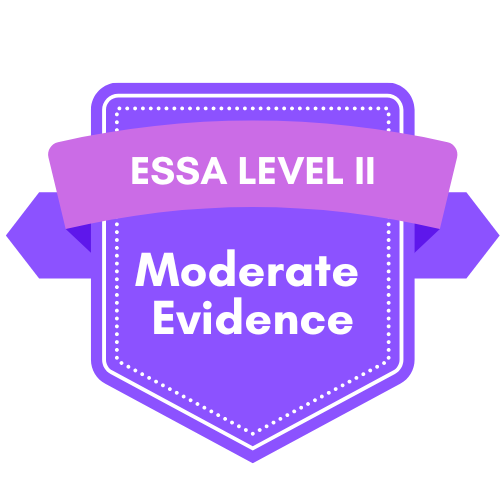
.png?width=2020&height=1300&name=Miamisburg%20City%20School%20District(logo).png)
"We used Branching Minds data to report to our funder, and last year we leveraged it to help write a large federal grant."
Dr. Laura Blessing
Superintendent, Miamisburg City Schools, OH

"We came across Branching Minds and this does much more than house data. It actually gives a platform that's interactive and can address the challenges that are coming up."
Mandy Couturier
Director of MTSS, Harwood Unified Union School District, VT

"Branching Minds is the tool that allows you to sustain that MTSS process. When talking about kids, they're not bouncing into different platforms to get data on kids. There's efficiency."
Christine Downing
Director of Curriculum, Instruction and Assessments, Plainfield School District, NH

"I've been doing this work for 36 years, and I've never come across a tool that encompasses so many things districts truly need and that my staff actually use daily."
Dr. William Crankshaw
Superintendent, Greater Johnstown School District , NY
Funding Your MTSS Program
Contact us for more information about how Branching Minds could fit into your school or district’s funding strategy.

Resources to Support Your Success
Guide
MTSS Request for Proposals
This RFP guide will help to set the foundation for district-wide MTSS success.
Download guide
Ready to Make Student Support Simpler and Stronger?
Discover how Branching Minds streamlines MTSS, empowers educators, and improves student outcomes, starting today.
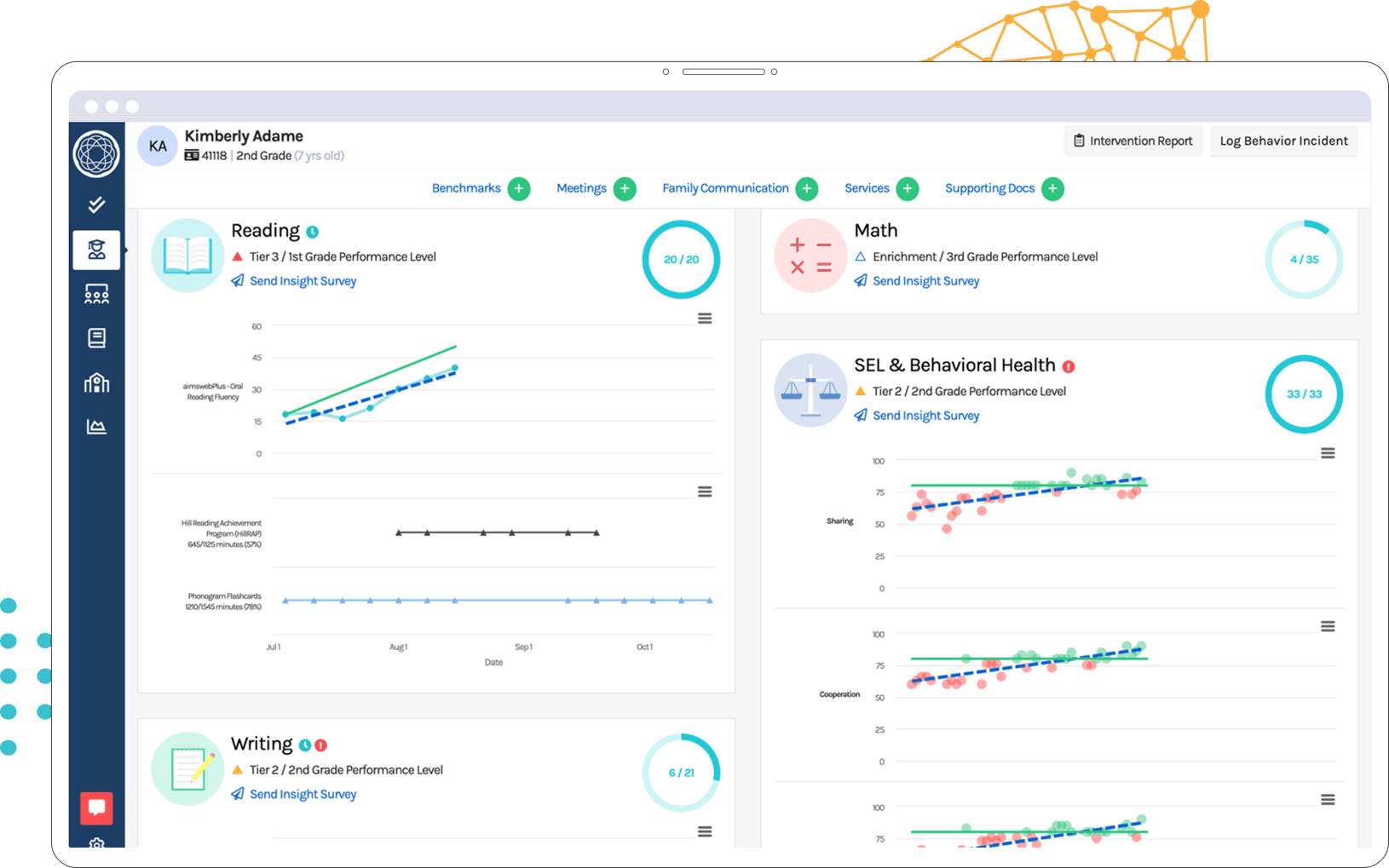












.jpg?width=500&height=500&name=Finding%20a%20Competitive%20Grant%20to%20Fund%20Your%20MTSS%20(preview).jpg)
